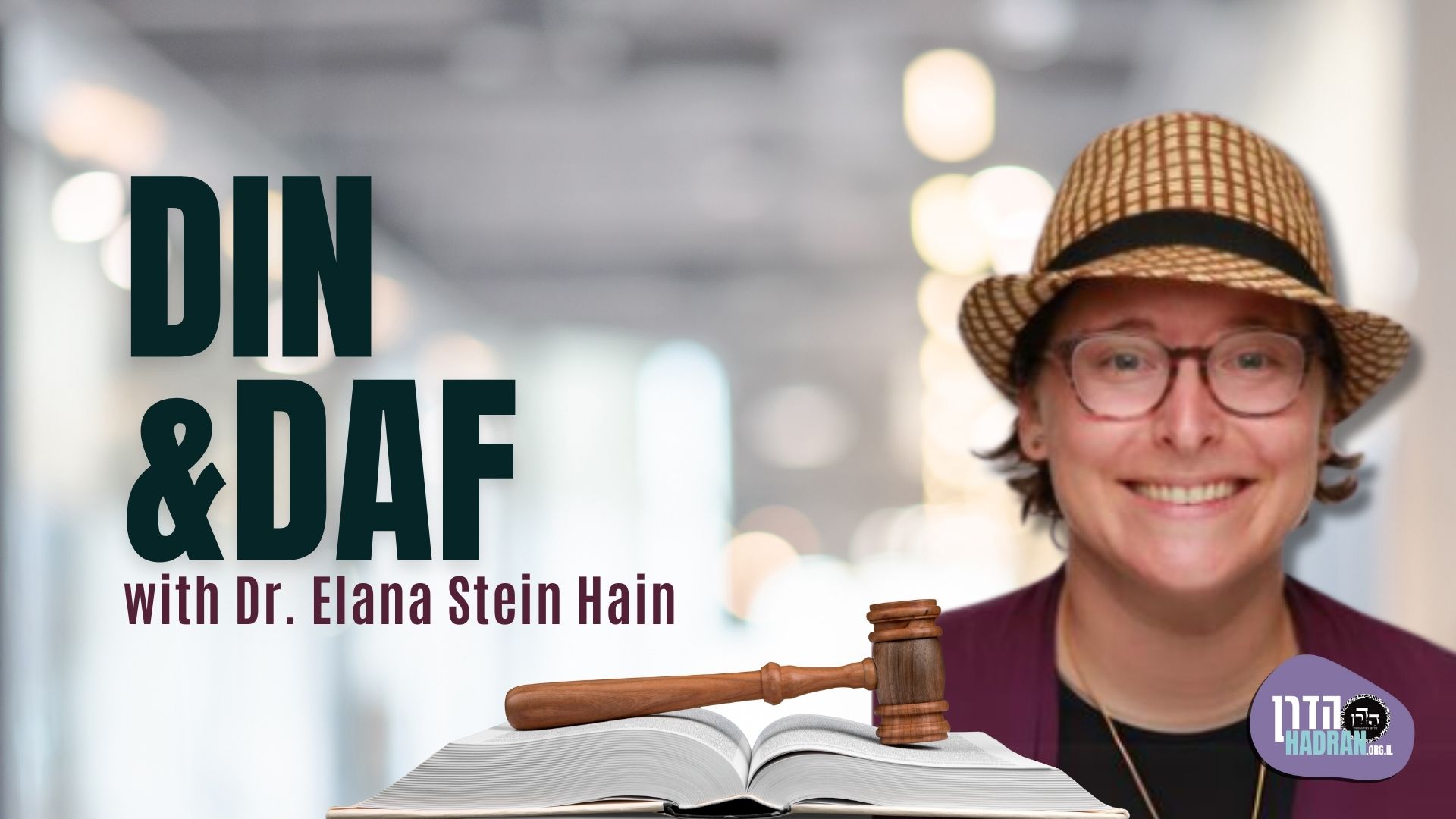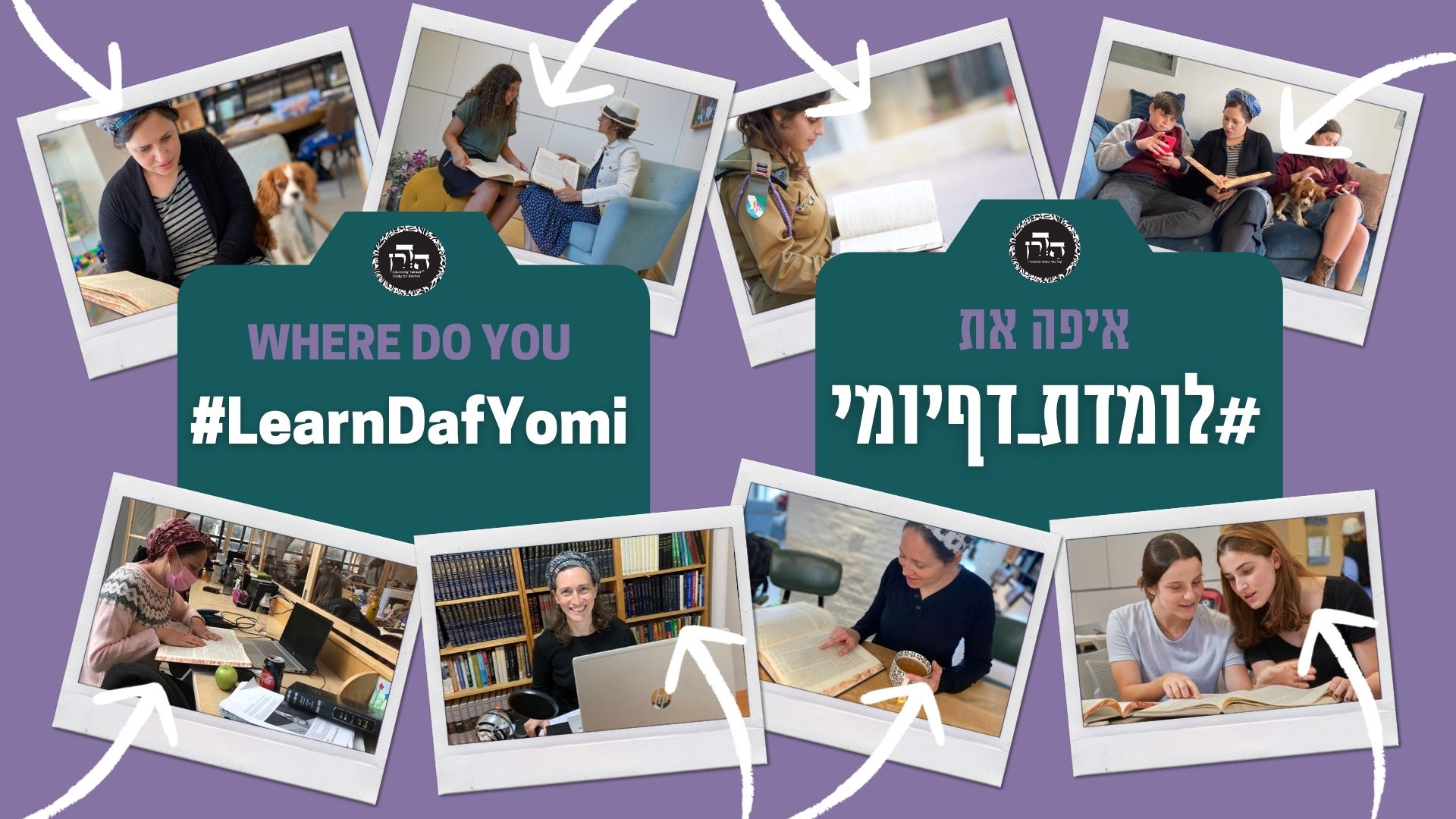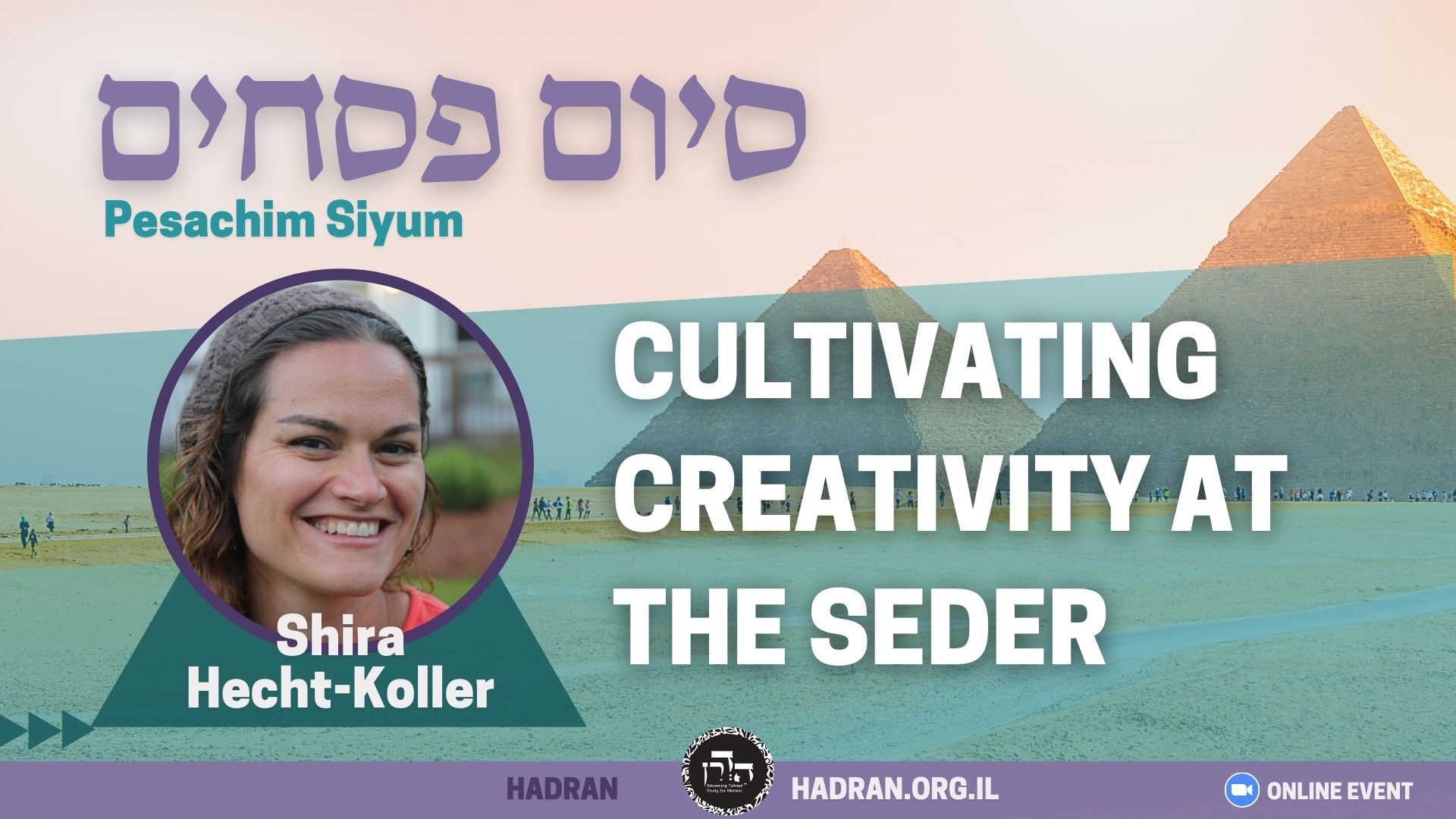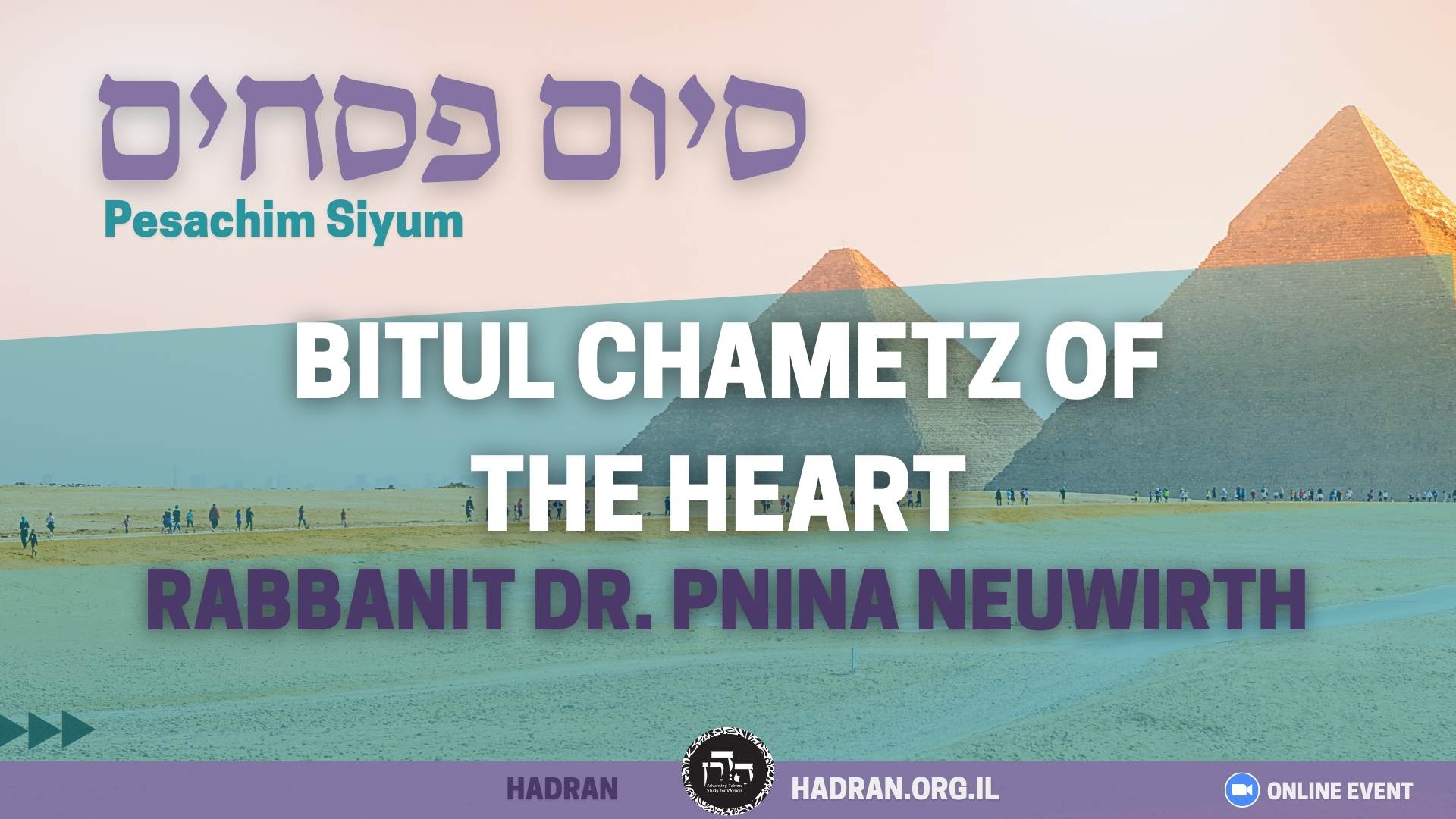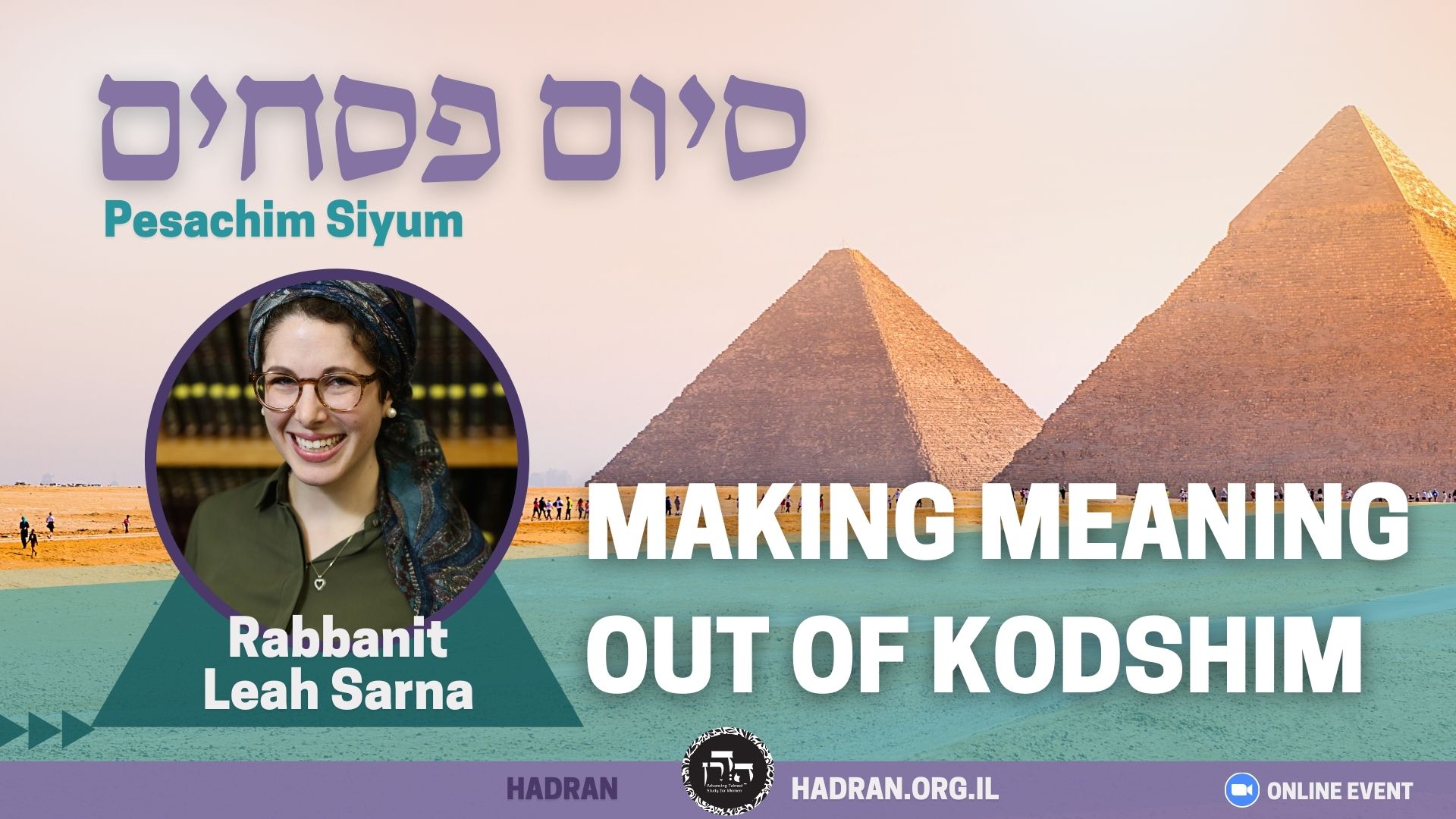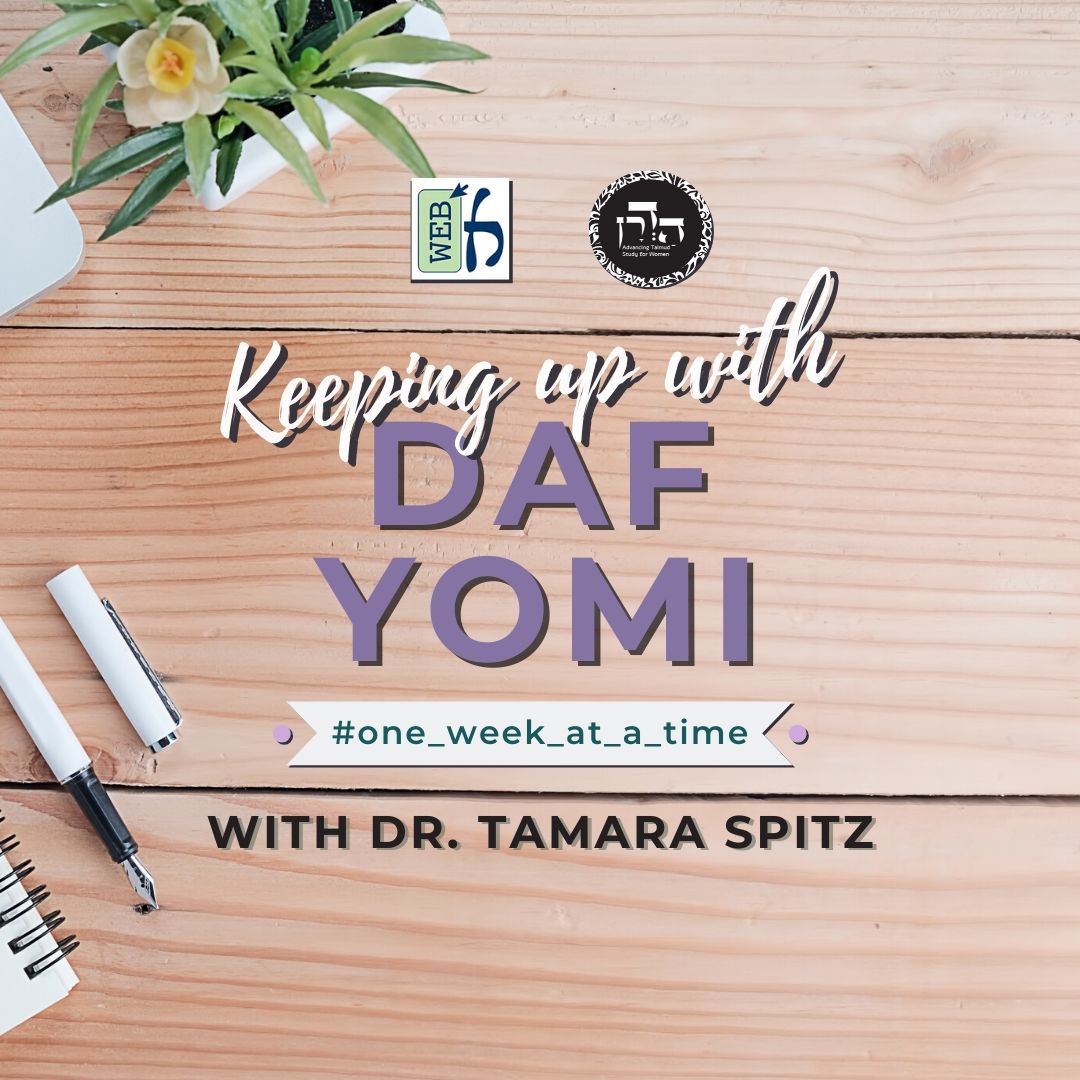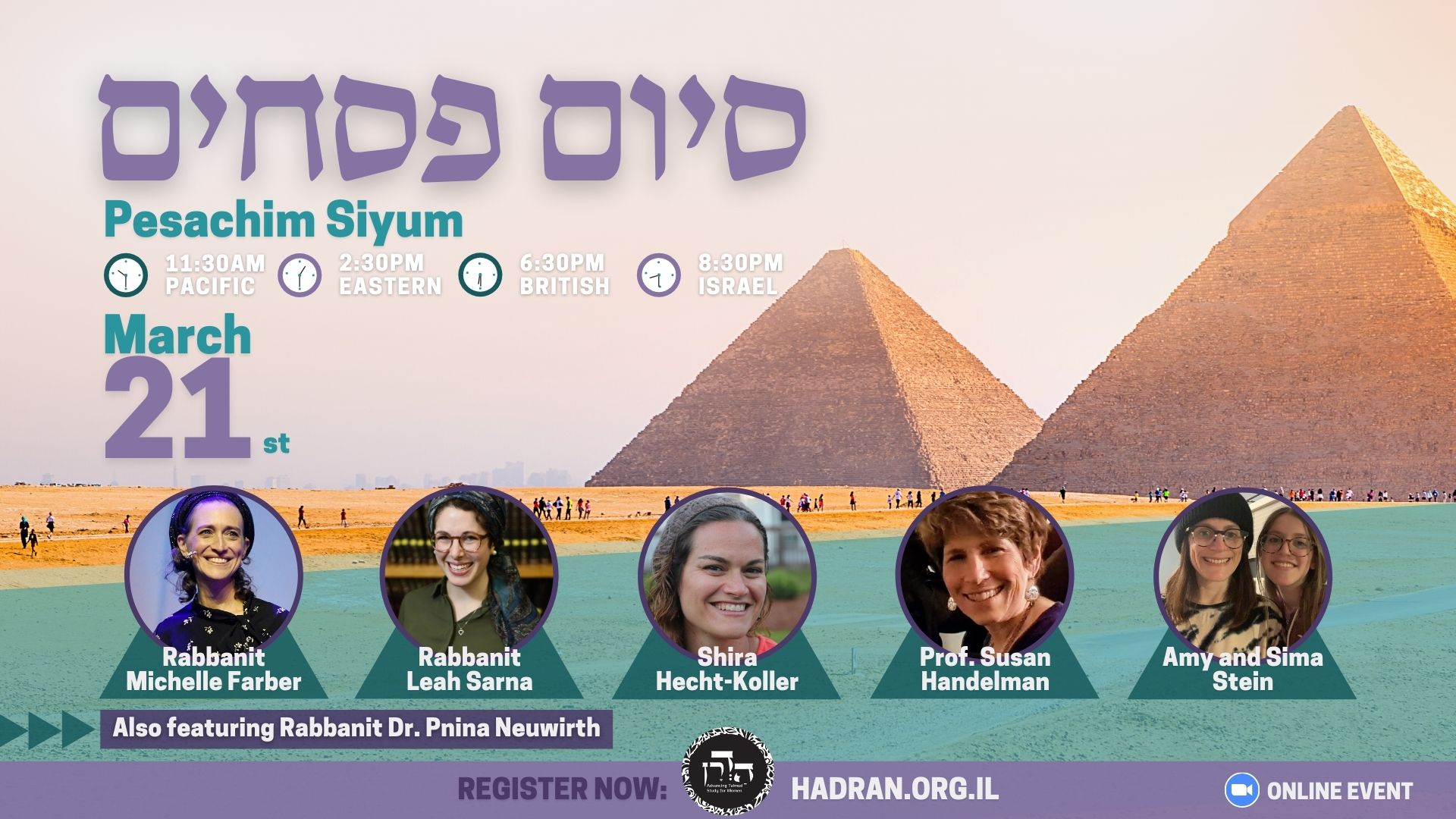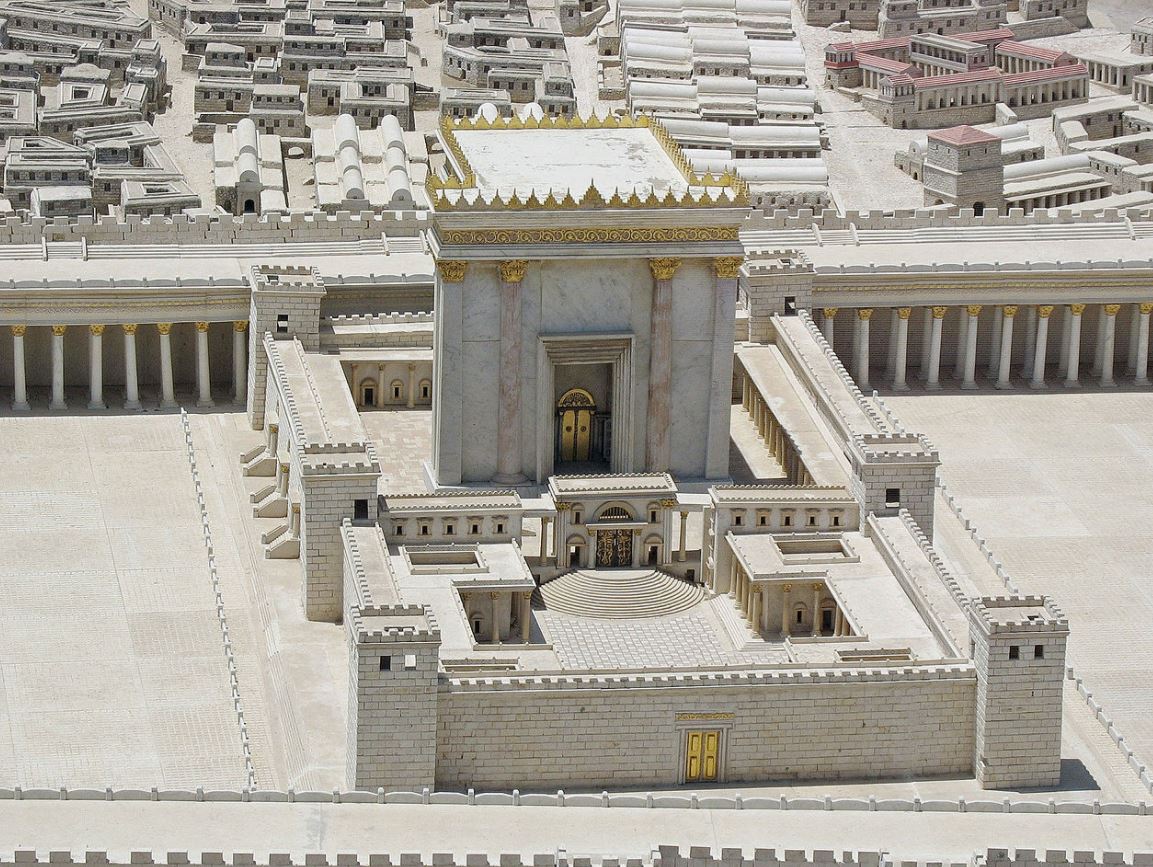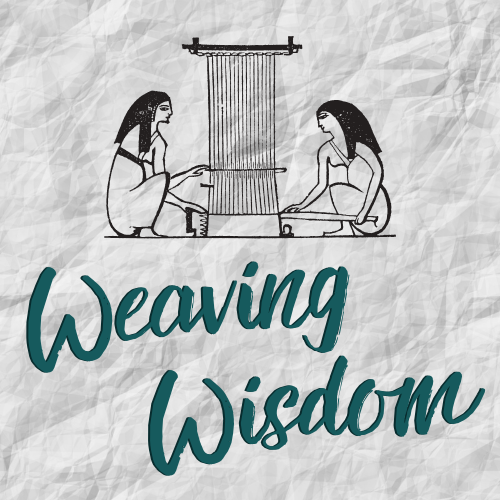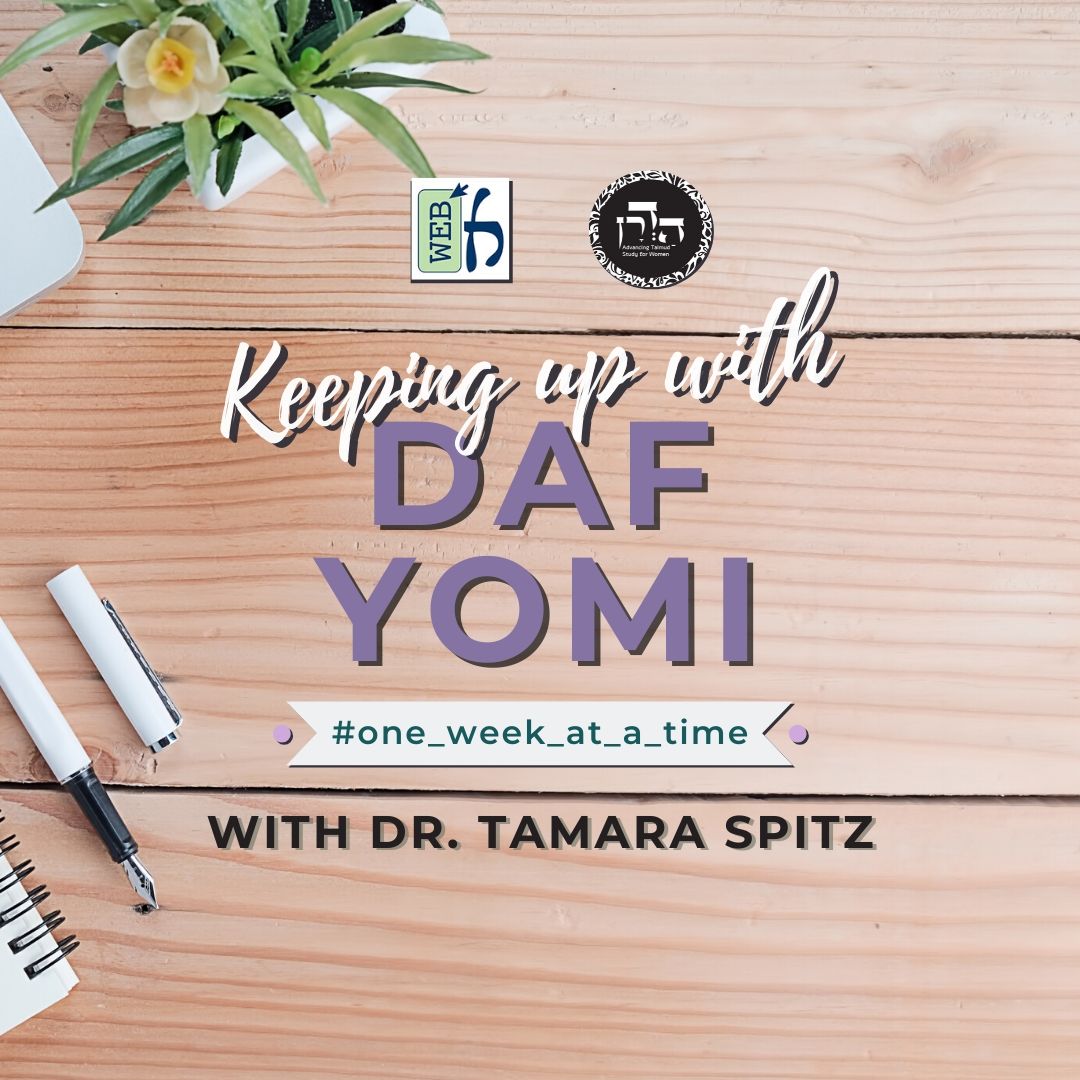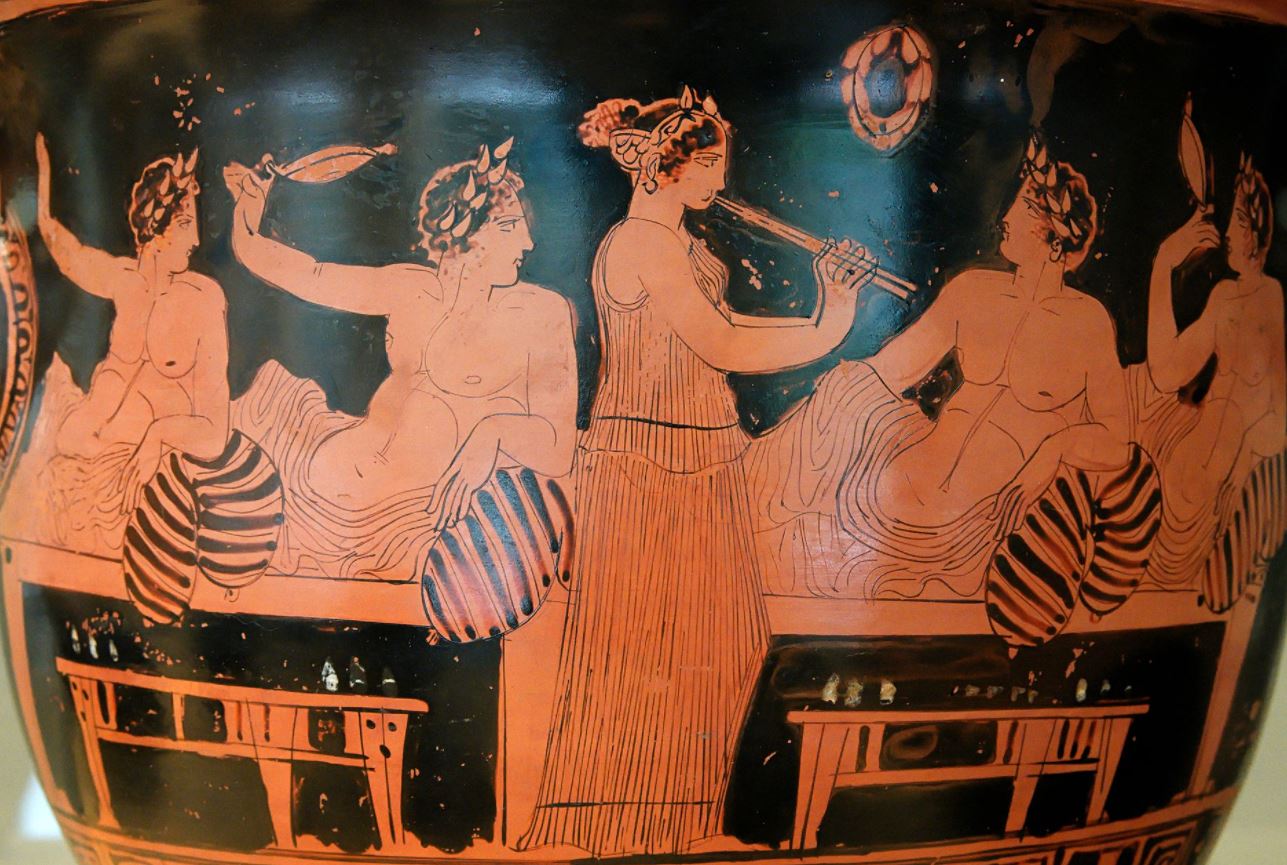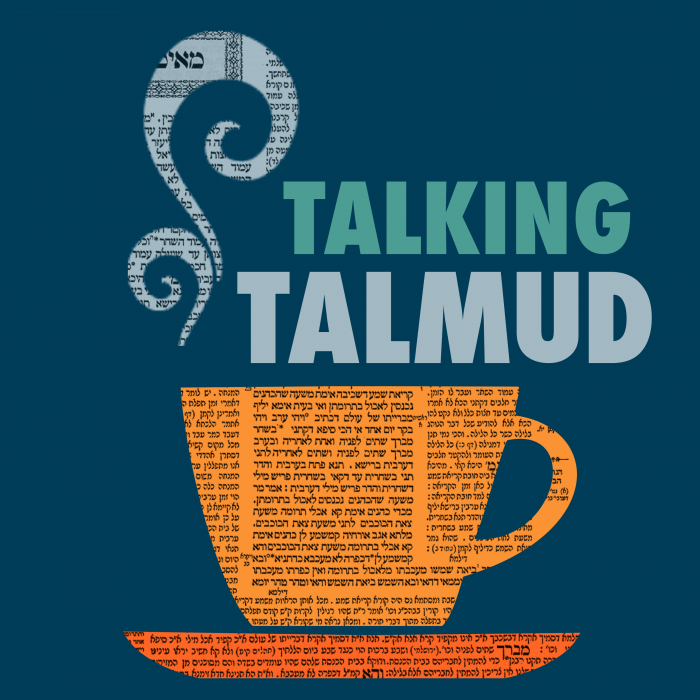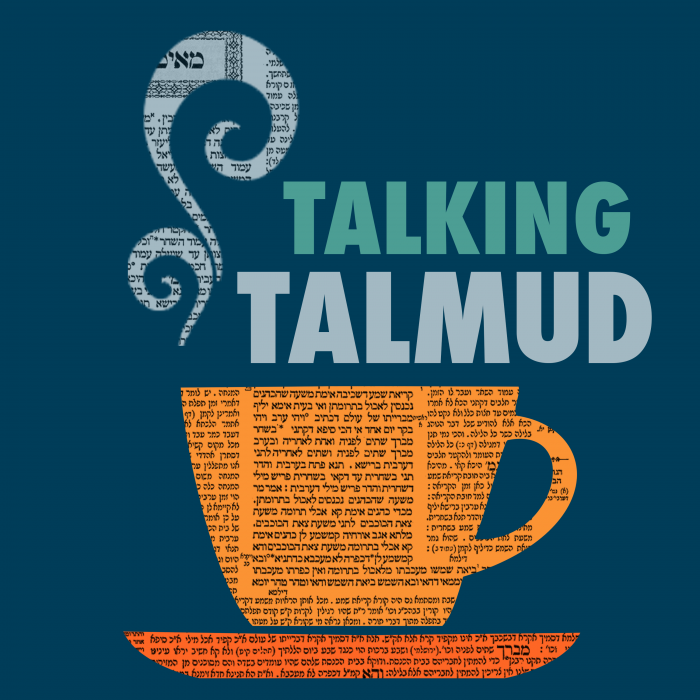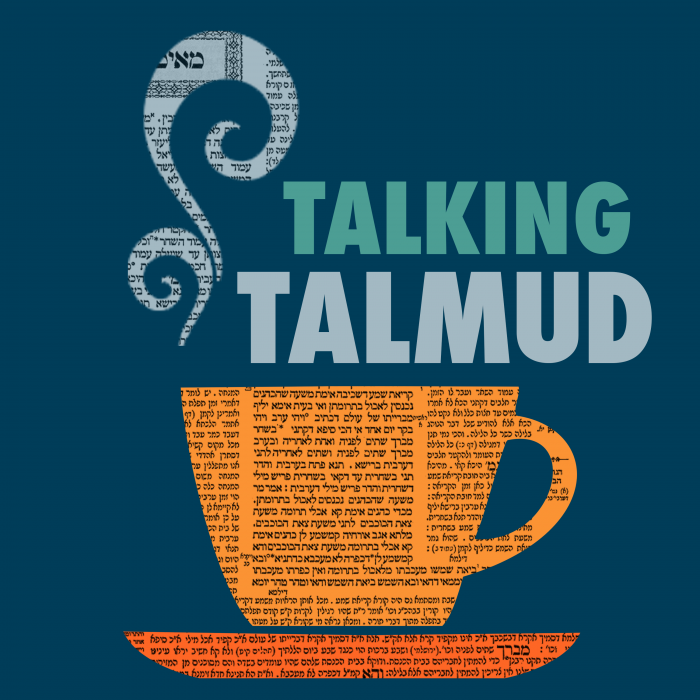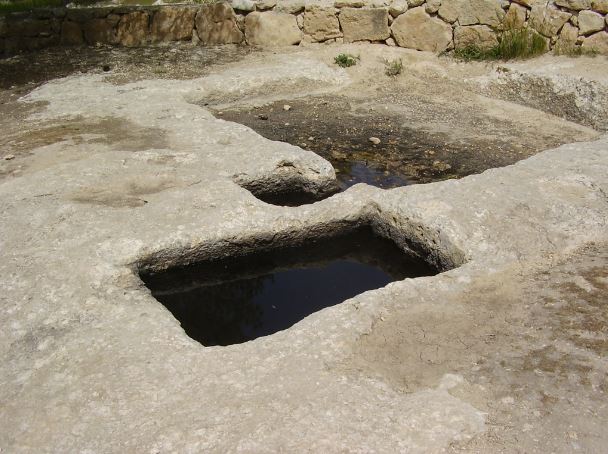Pesachim 47
נֶאֱכָל לְתִשְׁעָה, לַעֲשָׂרָה, וּלְאַחַד עָשָׂר — לֹא פָּחוֹת וְלֹא יוֹתֵר. כֵּיצַד? כְּדַרְכּוֹ, לְתִשְׁעָה. נֶאֱפֶה בְּעֶרֶב שַׁבָּת — נֶאֱכָל בְּשַׁבָּת לְתִשְׁעָה. חָל יוֹם טוֹב לִהְיוֹת בְּעֶרֶב שַׁבָּת — נֶאֱכָל לְשַׁבָּת לַעֲשָׂרָה. שְׁנֵי יָמִים טוֹבִים שֶׁל רֹאשׁ הַשָּׁנָה — נֶאֱכָל לְשַׁבָּת לְאַחַד עָשָׂר, לְפִי שֶׁאֵינוֹ דּוֹחֶה לֹא אֶת הַשַּׁבָּת וְלֹא אֶת הַיּוֹם טוֹב. וְאִי אָמְרַתְּ צוֹרְכֵי שַׁבָּת נַעֲשִׂין בְּיוֹם טוֹב, אַמַּאי לָא דָּחֵי יוֹם טוֹב?
may be eaten on the ninth, tenth, or eleventh days from when it is baked, no less and no more. How so? In its usual manner it is eaten on the ninth day after it was baked, as it is baked on Shabbat eve and it is eaten on the next Shabbat, on the ninth day from when it was baked. If a Festival occurs on Shabbat eve, the shewbread is not baked on the Festival day but rather on Thursday, the eve of the Festival. Consequently, it is eaten on Shabbat of the next week, on the tenth day from when it was baked. If the two Festival days of Rosh HaShana preceded Shabbat, the shewbread is baked on Wednesday, Rosh HaShana eve, and it is eaten on the next Shabbat, on the eleventh day from when it was baked, because baking the shewbread does not override Shabbat or a Festival. Rabba asks: If you say that whatever one needs for Shabbat may be done on a Festival, why doesn’t the baking of this bread override the Festival? Since the shewbread is eaten on Shabbat, it should be considered food that one is permitted to prepare during the Festival.
אֲמַר לֵיהּ: שְׁבוּת קְרוֹבָה — הִתִּירוּ. שְׁבוּת רְחוֹקָה — לֹא הִתִּירוּ.
Rav Ḥisda said to him: They permitted one to override the rabbinic decree in the Temple only with regard to baking on a Festival for the proximate Shabbat, i.e., Shabbat that immediately follows the Festival. However, they did not permit one to override the rabbinic decree to prepare for a distant Shabbat, namely Shabbat of the next week.
וּלְרַבָּן שִׁמְעוֹן בֶּן גַּמְלִיאֵל, דְּאָמַר מִשּׁוּם רַבִּי שִׁמְעוֹן בֶּן הַסְּגָן: דּוֹחֶה אֶת יוֹם טוֹב וְאֵינוֹ דּוֹחֶה אֶת יוֹם צוֹם, מַאי אִיכָּא לְמֵימַר?
The Gemara asks: And according to Rabban Shimon ben Gamliel, who said in the name of Rabbi Shimon, son of the deputy High Priest, that the baking of the shewbread overrides a Festival but does not override the fast day of Yom Kippur, what can be said? Apparently, the issue is the subject of a tannaitic dispute between Rabbi Shimon, son of the deputy High Priest, who contends that it is permissible to prepare the shewbread during a Festival, and the Rabbis, who prohibit it.
בְּהָא פְּלִיגִי: מָר סָבַר שְׁבוּת קְרוֹבָה הִתִּירוּ, שְׁבוּת רְחוֹקָה לֹא הִתִּירוּ. וּמָר סָבַר: שְׁבוּת רְחוֹקָה נָמֵי הִתִּירוּ.
The Gemara explains that they do not dispute the basic principle. Rather, this is the point over which they disagree: One Sage, i.e., the Rabbis, holds that they permitted one to override the rabbinic decree only to prepare for the proximate Shabbat, but they did not permit one to override the rabbinic decree to prepare for a distant Shabbat. Therefore, the baking of the shewbread does not override the Festival. And one Sage, Rabbi Shimon, holds that they also permitted one to override the rabbinic decree in order to prepare for a distant Shabbat.
מֵתִיב רַב מָרִי: שְׁתֵּי הַלֶּחֶם אֵינָן נֶאֱכָלוֹת לֹא פָּחוֹת מִשְּׁנַיִם, וְלֹא יוֹתֵר עַל שְׁלֹשָׁה. כֵּיצַד? נֶאֱפוֹת עֶרֶב יוֹם טוֹב — נֶאֱכָלוֹת לְיוֹם טוֹב לִשְׁנַיִם. חָל יוֹם טוֹב לִהְיוֹת אַחַר הַשַּׁבָּת — נֶאֱכָלוֹת לְיוֹם טוֹב לִשְׁלֹשָׁה, לְפִי שֶׁאֵינָהּ דּוֹחָה לֹא אֶת הַשַּׁבָּת וְלֹא אֶת הַיּוֹם טוֹב. וְאִי אָמְרַתְּ צוֹרְכֵי שַׁבָּת נַעֲשִׂין בְּיוֹם טוֹב, הַשְׁתָּא דְּשַׁבָּת בְּיוֹם טוֹב שְׁרֵי, דְּיוֹם טוֹב בְּיוֹם טוֹב מִיבַּעְיָא?!
Rav Mari raised an objection: The two loaves of bread that are brought as a communal offering on Shavuot are eaten by the priests no sooner than the second day and no later than the third day from when they are baked. How so? They are generally baked on the eve of the Festival and eaten on the Festival, the second day from their baking. If the Festival occurs after Shabbat, they are baked on Friday and they are eaten on the third day from the baking, because the baking of the two loaves does not override Shabbat or the Festival. Rav Mari asks: If you say that whatever one needs for Shabbat may be done on a Festival, now that it is permitted to engage in the necessary preparations for Shabbat on a Festival, is it necessary to mention that it is permitted to bake for the Festival itself on the Festival? As such, why doesn’t the baking of the two loaves override the Festival?
שָׁאנֵי הָתָם דְּאָמַר קְרָא ״לָכֶם״ — ״לָכֶם״ וְלֹא לְגָבוֹהַּ.
The Gemara answers: It is different there, in the case of the two loaves, as the verse says: “No kind of labor shall be done on them, save that which every man must eat, that only may be done for you” (Exodus 12:16). This indicates that it is permitted to cook and bake only “for you,” i.e., for human consumption, and not for the One above, namely for the Temple service.
וּלְרַבָּן שִׁמְעוֹן בֶּן גַּמְלִיאֵל, דְּאָמַר מִשּׁוּם רַבִּי שִׁמְעוֹן בֶּן הַסְּגָן: דּוֹחֶה אֶת יוֹם טוֹב, מַאי אִיכָּא לְמֵימַר? סָבַר לַהּ כְּאַבָּא שָׁאוּל, דְּאָמַר: ״לָכֶם״ — ״לָכֶם״ וְלֹא לְגוֹיִם.
The Gemara asks: And according to Rabban Shimon ben Gamliel, who said in the name of Rabbi Shimon, son of the deputy High Priest, that baking the shewbread overrides the Festival, what can be said? How does he understand the term: For you? The Gemara answers: He holds in accordance with the opinion of Abba Shaul, who said that this verse should be understood in the following manner: Cooking and baking are permitted for you, and not for gentiles; for the sake of the Temple service, however, they are permitted.
שְׁלַח לֵיהּ רַב חִסְדָּא לְרַבָּה בְּיַד רַב אַחָא בַּר רַב הוּנָא: מִי אָמְרִינַן ״הוֹאִיל״? וְהָא תְּנַן: יֵשׁ חוֹרֵשׁ תֶּלֶם אֶחָד וְחַיָּיבִין עָלֶיהָ מִשּׁוּם שְׁמוֹנָה לָאוִין: הַחוֹרֵשׁ בְּשׁוֹר וַחֲמוֹר, וְהֵן מוּקְדָּשִׁים, וְכִלְאַיִם בַּכֶּרֶם,
Rav Ḥisda sent a question to Rabba with Rav Aḥa bar Rav Huna: Do we say the principle: Since, etc.? Didn’t we learn in a mishna: There is a case in which one plows one furrow and is liable for violating eight prohibitions with this single act? The mishna explains that this applies to one who plows with an ox and a donkey, thereby violating the prohibition: “You shall not plow with an ox and a donkey together” (Deuteronomy 22:10), and they were consecrated, in which case plowing with them constitutes misuse of consecrated property. If his plowing aids the growth of food crops in a vineyard, he has transgressed a third prohibition.
וּשְׁבִיעִית, בְּיוֹם טוֹב, כֹּהֵן וְנָזִיר אַבֵּית הַטּוּמְאָה. וְאִי אָמְרִינַן ״הוֹאִיל״ — אַחֲרִישָׁה לָא לִיחַיַּיב, הוֹאִיל וְחָזֵי לְכִיסּוּי דַּם צִיפּוֹר.
And he is plowing during the Sabbatical year, when agricultural labor is prohibited, on a Festival. Additionally, the person plowing is a priest and a nazirite, and he is plowing a place of ritual impurity, i.e., a burial site. It is prohibited for a priest and a nazirite to become impure by walking over the burial spot of a corpse. Therefore, the one plowing commits two transgressions simply by traversing the field. And if we say the principle: Since, etc., he should not be liable for plowing on a Festival, since the dirt he loosens is fit for covering the blood of a bird. One who slaughters a bird or a non-domesticated animal is required by Torah law to cover the blood. Since it is possible that one will need to slaughter many such animals or birds and will not have enough dirt to cover their blood, his plowing may end up facilitating covering the blood. Therefore, it should not be considered a prohibited labor on the Festival.
אָמַר רַב פָּפָּא בַּר שְׁמוּאֵל: בַּאֲבָנִים מְקוּרְזָלוֹת.
The Gemara answers that Rav Pappa bar Shmuel said: The case is one in which a person plowed sharp stones, i.e., clods of dirt that have hardened and are unfit to be used to cover blood.
רְאוּיוֹת לְכוֹתְשָׁן! וּכְתִישָׁה בְּיוֹם טוֹב מִי שְׁרֵי?! רְאוּיוֹת לְכוֹתְשָׁן כִּלְאַחַר יָד! בְּצוּנְמָא.
The Gemara asks: Aren’t these clods of dirt fit to be crushed and used to cover blood? The Gemara responds: Is crushing permitted on a Festival? The Gemara counters: But they are fit to be crushed in an unusual manner, which is not prohibited by Torah law. The Gemara answers: The case is one in which a person plowed hard, rocky soil, which cannot be crushed.
צוּנְמָא בַּר זְרִיעָה?! צוּנְמָא מִלְּמַעְלָה, וְעָפָר תִּיחוּחַ מִלְּמַטָּה. וְתִיפּוֹק לֵיהּ מִשּׁוּם עָפָר תִּיחוּחַ!
The Gemara asks: Is hard soil fit for planting? The case under discussion is one in which a person was preparing the ground in order to plant food crops in a vineyard. The Gemara answers: In this case, there was hard soil above and fertile, loose soil underneath, into which seeds could be planted. The Gemara rejects this answer: Derive that the act of plowing would be permitted in that case due to the loose soil, which is suitable for covering blood.
אֶלָּא אָמַר מָר בַּר רַב אָשֵׁי: בְּטִינָא. וְטִינָא בַּר זְרִיעָה הוּא?! בִּמְתוּנְתָּא.
Rather, Mar bar Rav Ashi said: The case is one in which a person plowed mud, which is not fit for covering blood. The Gemara asks rhetorically: Is mud fit for planting? The Gemara answers: The case is one in which a person plowed moist earth, which is suitable for planting but which cannot be used to cover blood.
אֵיתִיבֵיהּ אַבָּיֵי: הַמְבַשֵּׁל גִּיד הַנָּשֶׁה בְּחָלָב בְּיוֹם טוֹב וְאוֹכְלוֹ — לוֹקֶה חָמֵשׁ. לוֹקֶה מִשּׁוּם מְבַשֵּׁל גִּיד בְּיוֹם טוֹב, וְלוֹקֶה מִשּׁוּם אוֹכֵל גִּיד, וְלוֹקֶה מִשּׁוּם מְבַשֵּׁל בָּשָׂר בְּחָלָב, וְלוֹקֶה מִשּׁוּם אוֹכֵל בָּשָׂר בְּחָלָב, וְלוֹקֶה מִשּׁוּם הַבְעָרָה. וְאִי אָמְרִינַן ״הוֹאִיל״ — אַהַבְעָרָה לָא לִיחַיַּיב, הוֹאִיל דַּחֲזֵי לֵיהּ לְצׇרְכּוֹ!
Abaye raised an objection to Rabba’s acceptance of the principle: Since, etc. One who cooks the sciatic nerve in milk on a Festival and eats it is flogged for five distinct prohibitions. How so? He is flogged due to the prohibition of cooking the sciatic nerve on a Festival, which is prohibited because the sciatic nerve is unfit for consumption; and he is flogged due to the prohibition of eating the sciatic nerve, which is explicitly prohibited by the Torah; and he is flogged due to the prohibition of cooking meat in milk; and he is flogged due to the prohibition of eating meat cooked in milk; and lastly, he is flogged due to the prohibition of kindling a fire unnecessarily on a Festival. And if we say the principle: Since, etc., he should not be liable for kindling a fire unnecessarily, since the fire is fit for use in attending to his legitimate Festival needs, e.g., cooking permitted foods.
אֲמַר לֵיהּ: אַפֵּיק הַבְעָרָה, וְעַיֵּיל גִּיד הַנָּשֶׁה שֶׁל נְבֵילָה.
Rabba said to him: Remove the prohibition of kindling a fire from this list and add the prohibition of eating a sciatic nerve from an animal carcass that was not properly slaughtered.
וְהָתָנֵי רַבִּי חִיָּיא: לוֹקִין שְׁתַּיִם עַל אֲכִילָתוֹ, וְשָׁלֹשׁ עַל בִּישּׁוּלוֹ. וְאִי אִיתָא, שָׁלֹשׁ עַל אֲכִילָתוֹ מִיבְּעֵי לֵיהּ!
Abaye responded: Didn’t Rabbi Ḥiyya teach with regard to this mishna: He is flogged twice for his eating, as he violated the prohibitions of eating the sciatic nerve and eating meat cooked in milk, and three times for his cooking, as he violated the prohibitions of kindling a fire, cooking on a Festival, and cooking meat in milk? And if it is so, that the case is one in which the sciatic nerve was taken from an animal carcass, Rabbi Ḥiyya should have stated that he is flogged three times for his eating, as he violated the prohibitions of eating a sciatic nerve, eating meat cooked in milk, and eating an animal carcass.
אֶלָּא: אַפֵּיק הַבְעָרָה, וְעַיֵּיל עֲצֵי מוּקְצֶה.
Rather, Rabba said: Remove the prohibition of kindling a fire and add in its place the prohibition of using wood that has been set aside from use on the Festival.
וּמוּקְצֶה דְּאוֹרָיְיתָא הוּא? אֲמַר לֵיהּ: אִין, דִּכְתִיב: ״וְהָיָה בַּיּוֹם הַשִּׁשִּׁי וְהֵכִינוּ אֵת אֲשֶׁר יָבִיאוּ״. וְאַזְהָרָתַהּ מֵהָכָא, מִ״לֹּא תַעֲשֶׂה כׇל מְלָאכָה״.
The Gemara asks: Is the prohibition against utilizing set-aside material prohibited by Torah law, such that a person is flogged for violating this prohibition? He said to him: Yes, as it is written: “And it shall come to pass on the sixth day that they shall prepare that which they bring in” (Exodus 16:5). This verse teaches that anything that has not been prepared before the Festival is considered to be set-aside, and it is prohibited to utilize it. This verse indicates that utilizing set-aside objects is prohibited; however, it does not formulate this prohibition as a negative commandment. Therefore, the Gemara adds that the warning indicating that it is a negative commandment is from here: “You shall not perform any labor” (Exodus 20:10). This general statement pertaining to Shabbat includes utilizing objects that were not set aside for use before Shabbat.
אֲמַר לֵיהּ, וְהָא אַתְּ הוּא דַּאֲמַרְתְּ: בְּעַאי מִינֵּיהּ מֵרַב חִסְדָּא, וְאָמְרִי לַהּ: בְּעַאי מִינֵּיהּ מֵרַב הוּנָא: הֵבִיא שֶׂה מֵאֲפָר, וּשְׁחָטוֹ תָּמִיד בְּיוֹם טוֹב, מַהוּ?
Abaye said to him: Wasn’t it you who said: I raised a dilemma before Rav Ḥisda, and some say the correct version is: I raised a dilemma before Rav Huna: If one brought a lamb from the meadow, and the lamb is therefore set-aside because it was not designated for use before the Festival, and he slaughtered it as the daily offering on a Festival, what is the halakha? Is it permissible to offer this sacrifice?
וְאַתְּ אָמְרַתְּ לַן, (אָמַר לִי) עֲלַהּ: ״שֶׂה״ — וְלֹא הַבְּכוֹר.
And you said to us: He said to me about this issue that the answer can be derived from a verse in Ezekiel pertaining to communal offerings. The verse states: “And one lamb of the flock, out of two hundred, from the well-watered pastures of Israel” (Ezekiel 45:15). This verse is expounded in the following manner: The word lamb is referring to either a male or female lamb, but not to a firstborn, as that status applies only to male sheep.
״אַחַת״ — וְלֹא מַעֲשֵׂר.
The word one indicates that a sacrifice may not be brought from the animal tithe. The lamb must be one that can stand alone. An animal designated as tithe is always part of a group, as it is the tenth animal to leave the pen; therefore, it cannot be offered as a communal offering.
״מִן הַצֹּאן״ — וְלֹא הַפַּלְגָּס.
The expression: Of the flock indicates that only some animals of the flock may be offered, whereas one may not offer a palges, which is no longer a lamb but is not yet considered a ram.



